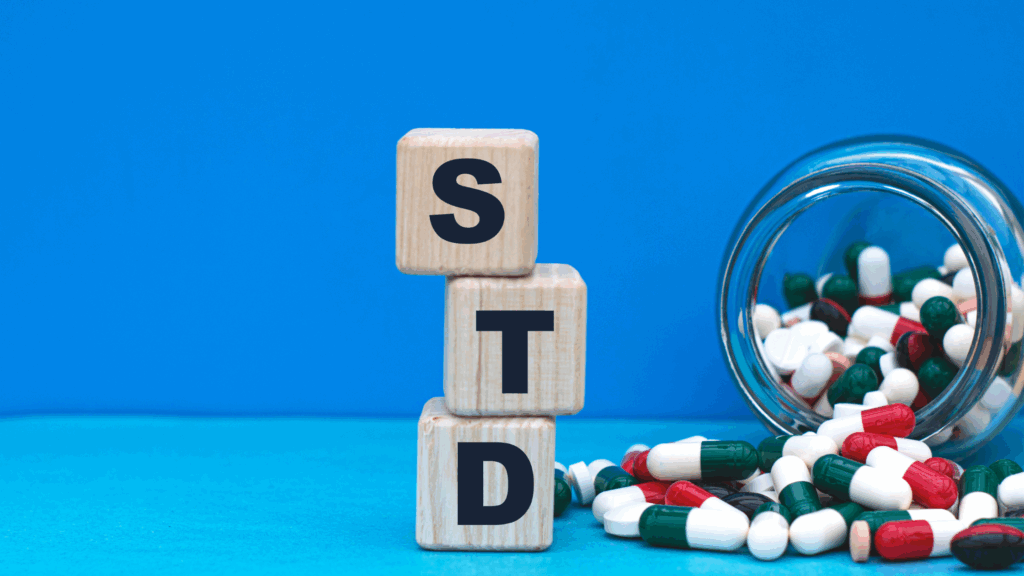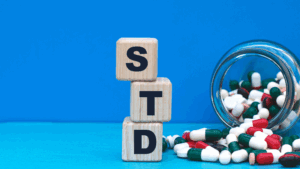Sexually transmitted infections (STIs) are infections that are passed from one person to another through sexual contact.
These infections can be caused by bacteria, viruses, or parasites and can lead to serious health issues if left untreated.
It is estimated that each year, there are over 1 million new cases of STIs worldwide, making it a major public health concern.
Symptoms of STIs can vary depending on the type of infection and the individual’s immune system. Some common symptoms include:
1. Unusual discharge from the genitals
2. Pain or burning during urination
3. Genital sores or ulcers
4. Itching or irritation in the genital area
5. Pain during sex
6. Swollen lymph nodes
7. Pain in the lower abdomen
8. Fever and flu-like symptoms
It is important to note that some STIs, such as chlamydia and gonorrhea, may not cause any symptoms at all, making it crucial to get tested regularly if you are sexually active.
Diagnosis of STIs typically involves a physical exam, a review of symptoms, and various tests such as urine tests, blood tests, or swab tests of the affected area.
It is important to get tested as soon as possible if you suspect you may have an STI, as early detection can prevent complications and help limit the spread of infection to others.
Treatment for STIs varies depending on the type of infection.
Many bacterial STIs, such as chlamydia, gonorrhea, and syphilis, can be treated with antibiotics.
Viral infections such as herpes and HIV can be managed with antiviral medications, but cannot be cured.
Some STIs, such as HPV and hepatitis B, have vaccines available to prevent infection.
Prevention is key when it comes to STIs. Here are some tips to reduce your risk of infection:
1. Practice safe sex: Use condoms consistently and correctly during every sexual encounter to reduce the risk of transmission of STIs.
2. Get tested regularly: If you are sexually active, it is important to get tested for STIs at least once a year, or more frequently if you have multiple partners.
3. Limit your number of sexual partners: Having multiple sexual partners increases your risk of STIs. Limiting your number of partners can reduce your risk of infection.
4. Communicate with your partner: Talk openly and honestly with your partner about your sexual history and STI status. This can help you both make informed decisions about your sexual health.
5. Avoid sharing needles: If you use injectable drugs, be sure to use clean needles and avoid sharing needles with others to prevent the spread of HIV and hepatitis B and C.
In conclusion, STIs are a common and serious health issue that can have long-term consequences if left untreated. It is important to be aware of the symptoms of STIs, get tested regularly, and practice safe sex to prevent infection.
If you suspect you may have an STI, seek medical attention promptly for diagnosis and treatment. By taking these steps, you can protect yourself and others from the spread of sexually transmitted infections.

